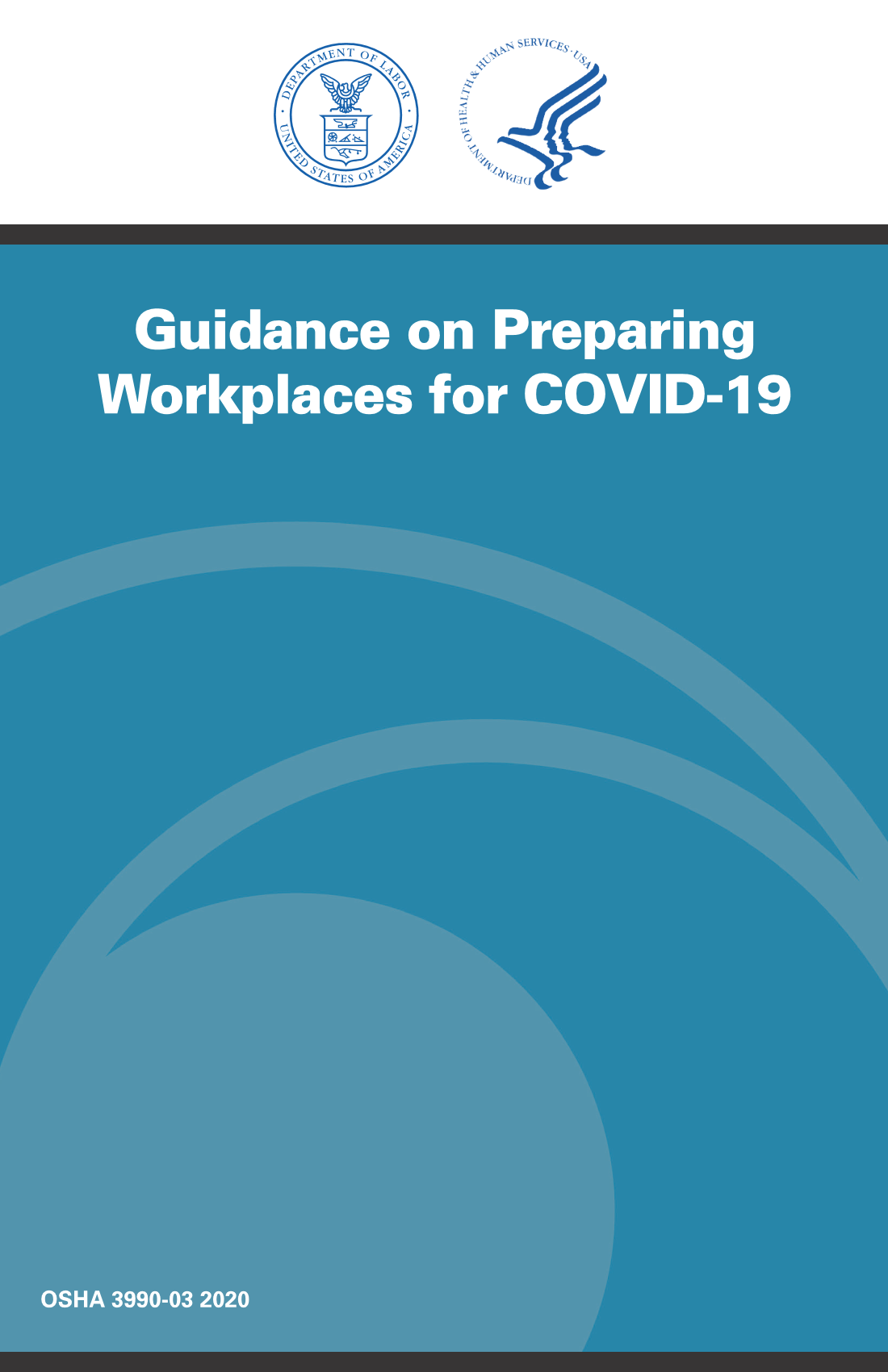Even the best employees cannot perform well when they are not motivated enough. This is why employee recognition in the workplace has to be an innate part of any company’s culture. A human workplace is one that fosters a culture of recognition while empowering employees, strengthening working relationships and providing a clear purpose aligned with business goals. Employees want to feel appreciated and valued for their work, and that comes from being acknowledged and praised by a colleague or superior. Employee recognition is a way to appreciate employees and reinforce an organization’s goals and values.
Why Is It Important?
One of the biggest motivators for employees is to be valued by their colleagues. When people are recognized by their peers and superiors, it drives engagement and motivation. Engaged employees have passion, pride and energy for their work and are willing to go the extra mile on a regular basis.
If managers and employees send recognition one to three times each week, employee recognition becomes a natural part of company culture. It means employees are more likely to accept and respond to the recognition that they get. To be impactful and authentic, employee recognition should be given frequently and in the moment.
If managers and employees send recognition one to three times each week, employee recognition becomes a natural part of company culture. It means employees are more likely to accept and respond to the recognition that they get. To be impactful and authentic, employee recognition should be given frequently and in the moment.
What Are the Benefits?
According to an SHRM survey, 68% of HR professionals agreed that employee recognition has a positive impact on retention, and 56% said such programs also help with recruitment. Additionally, an employee recognition system can help an organization:
In today’s reality of increasing competition for top talent, a well-managed recognition program can help employers attract and retain the best employees and keep them engaged and productive.
- Align employees to company values
- Attract top talent
- Build a positive company culture
- Improve employee productivity
- Retain the best employees
- Unite a remote workforce

Creating a Culture of Recognition
So, how do you create a culture of recognition? For starters, it’s important to lead from the top. When managers either give recognition or amplify recognition from a peer, it reinforces the importance of that employee behavior. When employees see their managers acknowledging their peers or direct reports, they are more likely to recognize their teammates too.

Recognize the Everyday
It’s easier to send recognition when an employee stays late to finish a project or works over the weekend on a critical issue. Don’t forget about the employees who are performing well on a day-to-day basis, however. That work may also be critical to long-term business performance and success. Recognizing vital everyday actions reinforces them, motivates employees and boosts overall performance.
Recognize Employees in Meetings
Employee recognition should be given frequently and in the moment. Consider putting shoutouts on the agenda for team meetings. It doesn’t matter if it’s a simple “Thank you” or “Great job” on a project. What does matter is that employees are being recognized in front of their peers. The goal is to make recognition–giving casual and timely. When employees know that shoutouts are built into every team meeting, they’ll likely come prepared to the meeting with acknowledgment for their peers.
There is no single easy way to engage and motivate employees in the workplace. Carefully consider how you plan to acknowledge and appreciate employees’ workplace contributions and accomplishments. As important as planning and building an employee recognition program is, it’s equally important to ask for feedback and measure whether the program is supporting and driving operational goals and missions. Once you know what drives and motivates the overall organization for success, you can apply those same principles to individually motivate the entire workforce.
There is no single easy way to engage and motivate employees in the workplace. Carefully consider how you plan to acknowledge and appreciate employees’ workplace contributions and accomplishments. As important as planning and building an employee recognition program is, it’s equally important to ask for feedback and measure whether the program is supporting and driving operational goals and missions. Once you know what drives and motivates the overall organization for success, you can apply those same principles to individually motivate the entire workforce.







